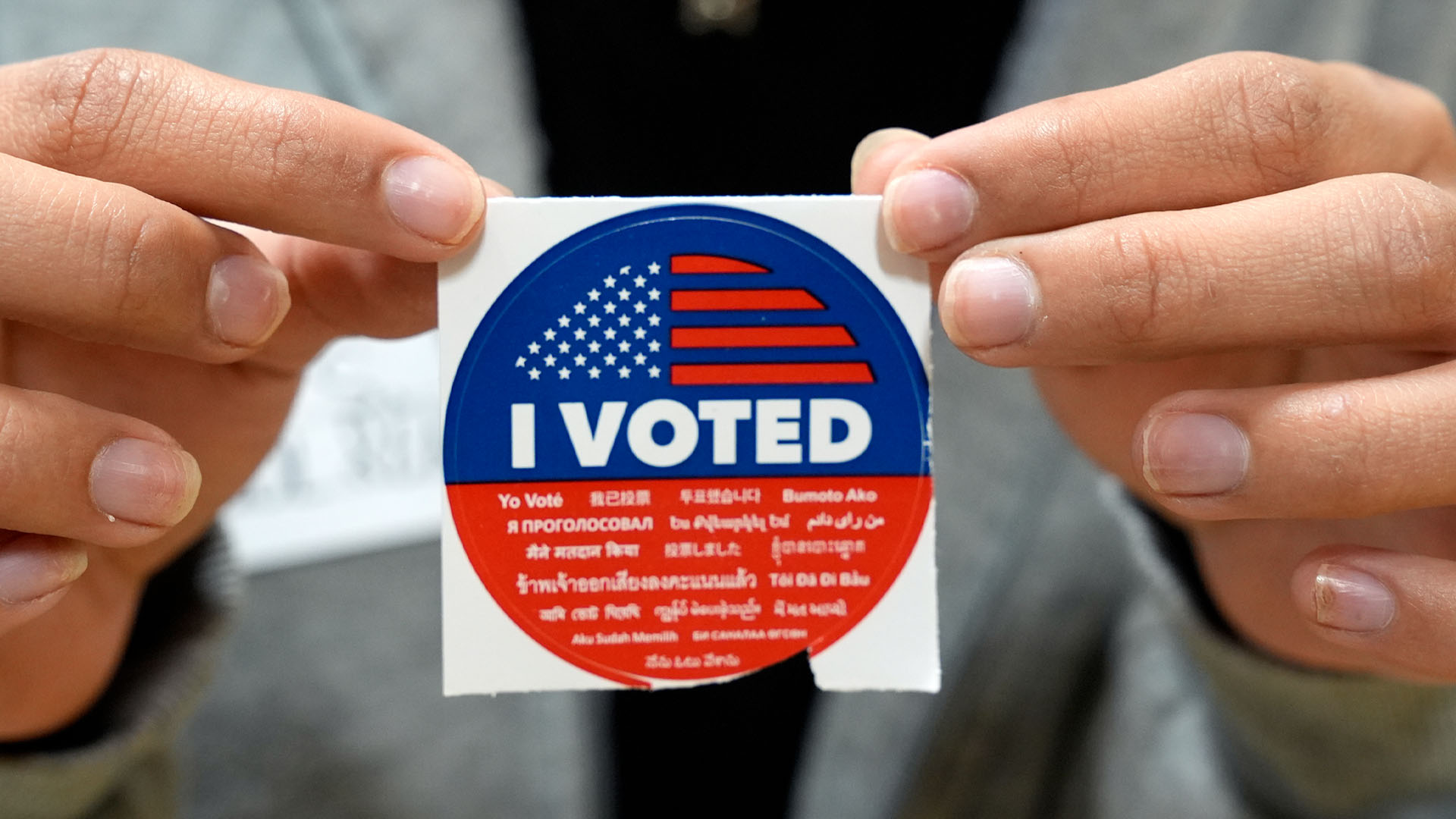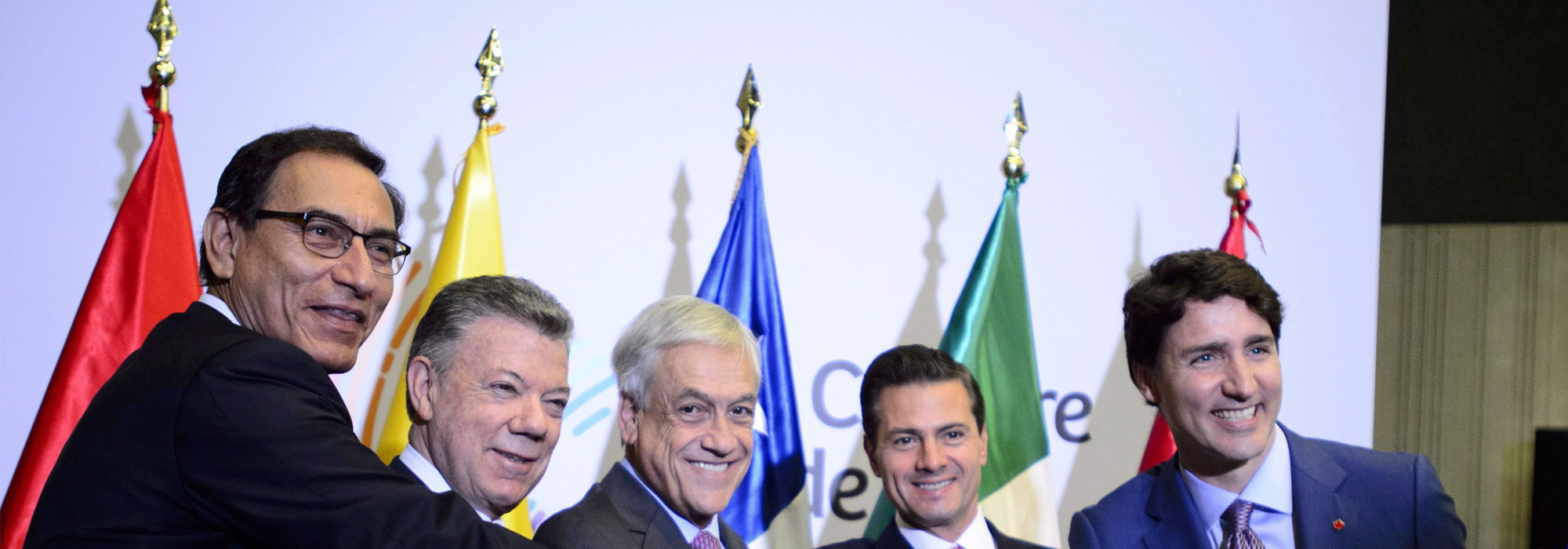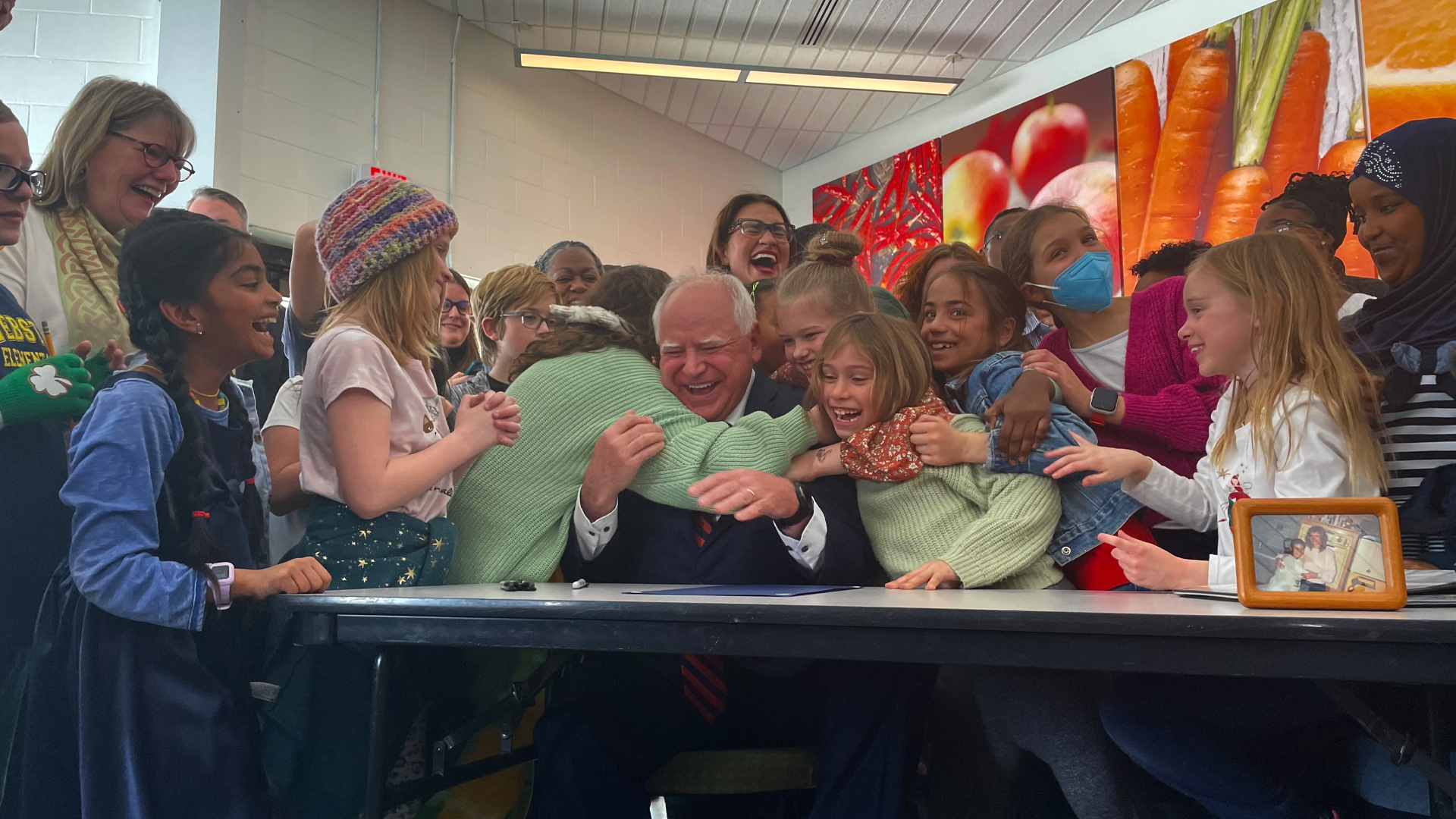
The current President of the United States won his election thanks to Mexico. In June 2015, on the night he launched his campaign, he was 12th out of 15 Republican candidates, until he called Mexicans “rapists.” Soon afterward, he reached #1, a position he never really lost. He consolidated his campaign with the slogan “Build the wall!” and he sealed the deal when he said that NAFTA was “the worst agreement ever.” He was able to do this because the Canadian, Mexican, and American private sectors, as well as the Democratic candidate Hillary Clinton, decided to concede this last point with nary a protest.
In June 2016, a few weeks before the “Three Amigos” meeting of the Canadian, American and Mexican leaders, I was in Ottawa to participate in a Policy Options panel on the trilateral relationship. As I had been in media interviews that year of the presidential campaign, I raised the alarm that stability (and thus prosperity) was coming under attack from a populist wave in the US that could take an anti-North American bully to the White House. I noted that a US trade deficit with Canada would be seen as an affront to a resentful US.
At the time, I felt the Canadian response to my warnings was dismissive and blasé. The general idea was that Canada was rich enough (and perhaps white enough?) to escape the ire of an ethno-nationalist government in Washington. American bigots seemed to be Mexico’s problem. This, of course, turned out to be tragically wrong.
If we are going to overcome the current threats to stability and prosperity in our hemisphere, we need to own up to the fact that we are here because we have been epically not up to the task.
The profound ignorance and resentment of this enormous group of people is, today, an issue of national security for all three countries.
Canadians need to realize that their “devil take the hindmost” instinct with respect to Mexico was the sort of appeasement that doesn’t get you comfort, but rather puts you in the crosshairs (see the recent admission that the Trump doctrine is “We’re America, bitch”). Similarly, Mexicans need to realize that they can no longer pretend that what “ordinary” Americans think is no concern of theirs. The profound ignorance and resentment of this enormous group of people is, today, an issue of national security for all three countries. With anti-American feelings rising in both Canada and Mexico, we are inching to open enmity. That would be catastrophic for us, certainly, but also for the US which relies on the cooperation of Mexico and of Canada for its national security.
Canada takes pride in having reached out to American leaders at the state level, while Mexico self-congratulates for the many friendly meetings it has on Capitol Hill. This isn’t nearly enough. Both countries need to put together a strategic communications campaign like the one Mexico and the US Chambers of Commerce put together in the 1990s that ended with the overwhelming approval of NAFTA. The 14 million Americans who are gainfully employed thanks to our two countries should have bumper stickers on their F-150s saying “This job is a NAFTA job!”
We have to identify our natural allies, and we have to participate in every single forum where issues related to North America are discussed. This includes Fox News and other unfriendly arenas. We need spokespeople with shared talking points and a powerful overarching narrative of strength through North American unity.
Canada and Mexico cannot be responsible for convincing Americans that we are better off together. But we should be held accountable for not even showing up to the debate. The import goes far beyond a simple trade agreement.
Photo: Lima, Peru – Prime Minister Justin Trudeau, right to left, Mexican President Enrique Pena Nieto, President of Chile Sebastian Pinera, President of Colombia Juan Manuel Santos and President of Peru Martin Vizcarra wrap up a meeting of leaders of the Pacific Alliance at the Summit of the Americas, April 14, 2018. THE CANADIAN PRESS, by Sean Kilpatrick.
Do you have something to say about the article you just read? Be part of the Policy Options discussion, and send in your own submission. Here is a link on how to do it. | Souhaitez-vous réagir à cet article ? Joignez-vous aux débats d’Options politiques et soumettez-nous votre texte en suivant ces directives.








